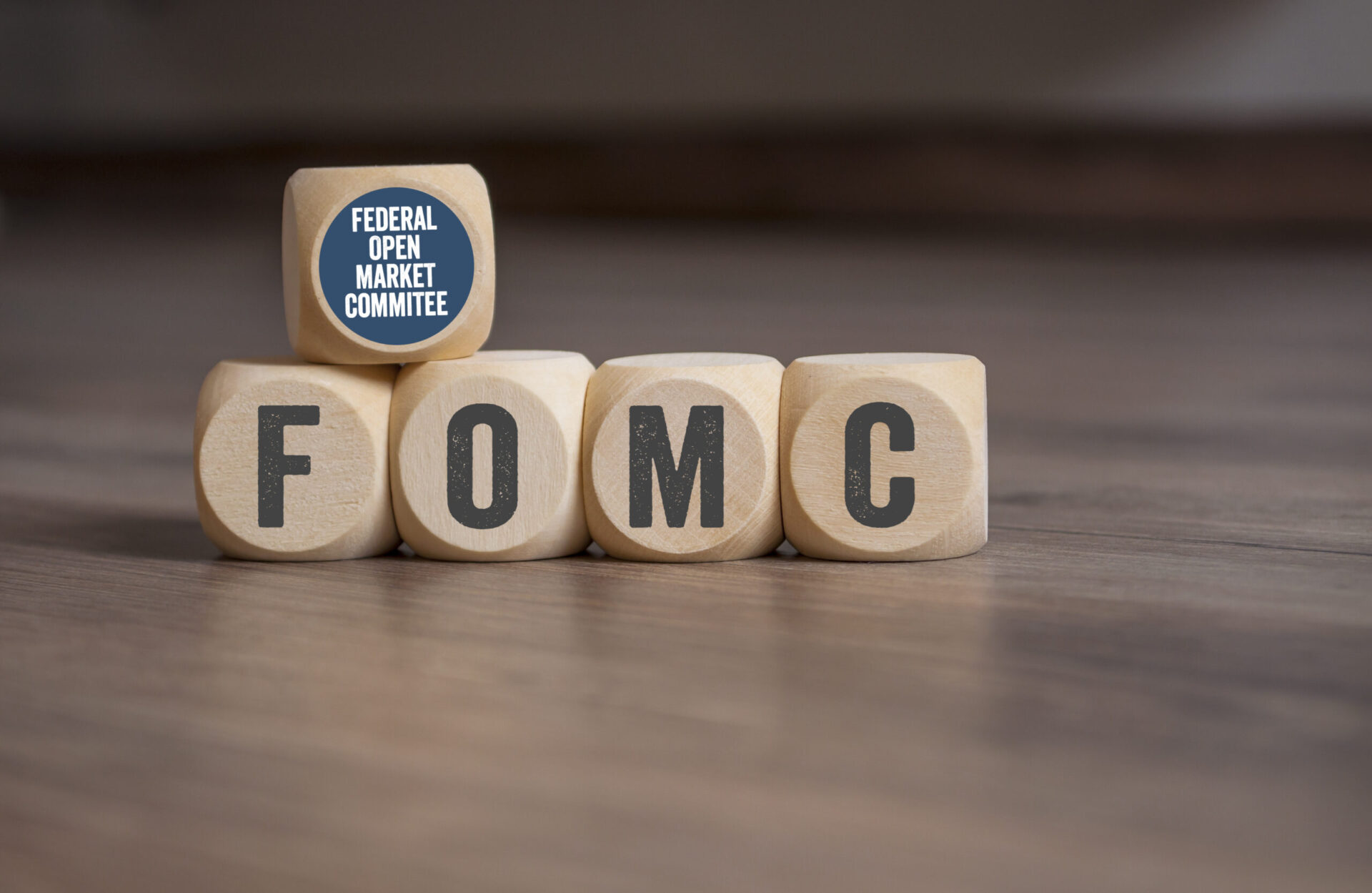The Federal Open Market Committee (FOMC) announced it will double the pace of tapering its pandemic asset purchase program, and signaled it would likely raise interest rates next year. This would be its first rate hike since March 2020.
The move comes in response to concerns about rising inflation. At its November meeting, the FOMC said it would reduce its purchases of Treasury securities from $80 billion to $70 billion and from $40 billion to $35 billion for mortgage-backed securities.
Since then, inflation has reached a 39-year high and become a major sticking point for the American public.
As to how this announcement affects the mortgage and real estate industries, analyst response has focused on rising costs.
“Increasing mortgage rates alongside continued price growth results in reduced affordability, and that might cause house prices to moderate a little bit,” Odeta Kushi, chief economist at First American Financial Corporation, told Bankrate.
“The people struggling are the first-time homebuyers, who are trying to buy a home in an environment of historically high prices, potentially rising mortgage rates, and very limited inventory.”
Erin Lantz, vice president of mortgages at Zillow, noted that increases might not lead to declines in demand.
“While those looking to buy a home are understandably concerned about the path of rates ahead, it’s important to remember that borrowing costs remain exceptionally low by historical standards,” she told CNBC. “Rising rates may impact the location or size of the home they hope to purchase, but buyers that are fully committed to buying a home are unlikely to be swayed by the FOMC’s decision to raise rates.”
Greg McBride, CFA, Bankrate chief financial analyst, said the decision had “[d]efinitely a more hawkish tone, and the most we have seen in some time – similar to inflation.”
“For consumers, the writing is on the wall that interest rates are likely to start climbing in 2022,” he added.
“Reducing the purchase of long-term assets is going to likely reflect a faster increase of long-term interest rates and that should affect borrowing and saving,” Yiming Ma, an assistant finance professor at Columbia University Business School, said.
The Mortgage Bankers Association’s (MBA) chief economist Mike Fratantoni said the MBA has already taken hikes into consideration when forecasting rates for 2022, which it projects will rise to 4% by the end of next year. He noted, however, that rates “may be more volatile as the Fed backs away from the market.”
